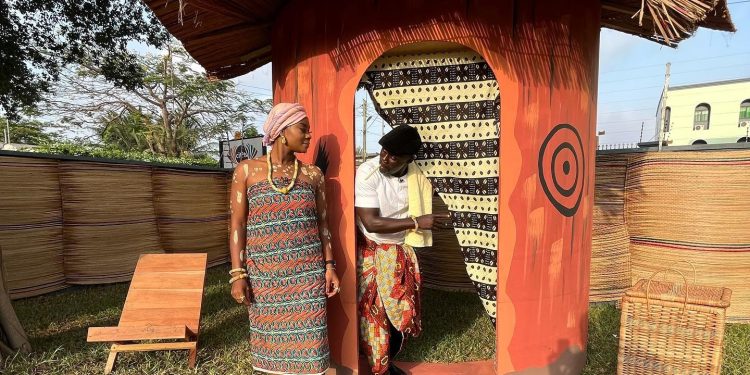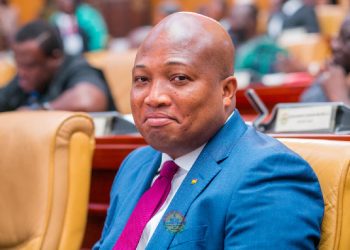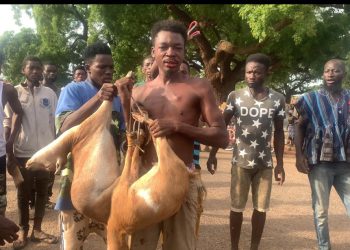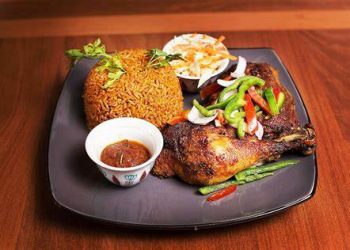From Gambaga to Accra, from Wiawso to Keta, one wouldn’t need a “gong gong beater” to announce that in Ghana, the month of March of every year is dedicated to Ghanaians to return to their roots to acknowledge the indigenous ways of doing things.
Colorful wear, delectable traditional foods, and rich native music in the month clearly give a signal of a deliberate attempt to display Ghana’s culture and the indigenous way of living.
I am an Akan, precisely from Kwahu Bepong in the Eastern Region. Hardly do I know my roots because I was born and bred in Accra. Everything I know is due to what I learned online. The last time I visited my hometown was when I turned 6 years.
I was sent there by my parents to mourn my grandfather who had passed. Talk about culture and my first point of call will be the internet to find out what it knows about mine too. I am quite ashamed but the month of March (Heritage Month) has given me a reason to rethink how important knowing my heritage is and the need to make a conscious effort to promote Ghana.
Clearly, my region is not known only as a tourist destination and its agricultural exploits but one with rich traditional values. This was clearly made visible during Accra-based media firm Citi TV/Citi FM’s peculiar celebration of the month. Every community is unique, and what is considered taboo in one may be the norm in another. In Ghana, as in many other countries particularly in Africa, the beauty of the national society can be experienced in the diversity of cultural expression and traditional practices.
However, the ingenuity in celebrating and displaying these diverse cultures by Citi FM/Citi TV during the month was breathtaking and very educative. It gave me a reason to be proud of my culture.
At Citi FM/Citi TV, the month was celebrated under the tag “Make It Ghana” which was premised on three elements– Tourism, Investment, and Film.
Throughout the month, a conscious effort was made to portray the indigenous way of living through an array of activities including the “Back To Your Village Food Bazaar”, a two-day event dedicated to treating patrons with delicious indigenous food from across Ghana, Heritage Caravan, a trip devoted to bringing individuals desiring to experience the allure of Ghana in a unique and fun way.
Every ethnic group strives to uphold its rich indigenous culture and represent what is the best of its existence, but at Citi FM/Citi TV’s celebration, the dedicated airtime given to various tribes to showcase their culture through food, dance, and fashion was top-notch.
I couldn’t stop but always stay glued to Citi TV and Citi FM just to watch and listen to Ethnomusicologists Dr. Amakye Boateng and Moses Adjetey Adjei give vivid breakdowns about some notable Ga and Akan songs.
Frankly, I did not only love the catchy melodious renditions of the famous Ga song “Wogbe Jeke” but the lyrical breakdown of it and others including Amakye Dede’s “Iron Boy” drew my attention to how our forefathers imbibed proverbs into their songs to tell their stories.
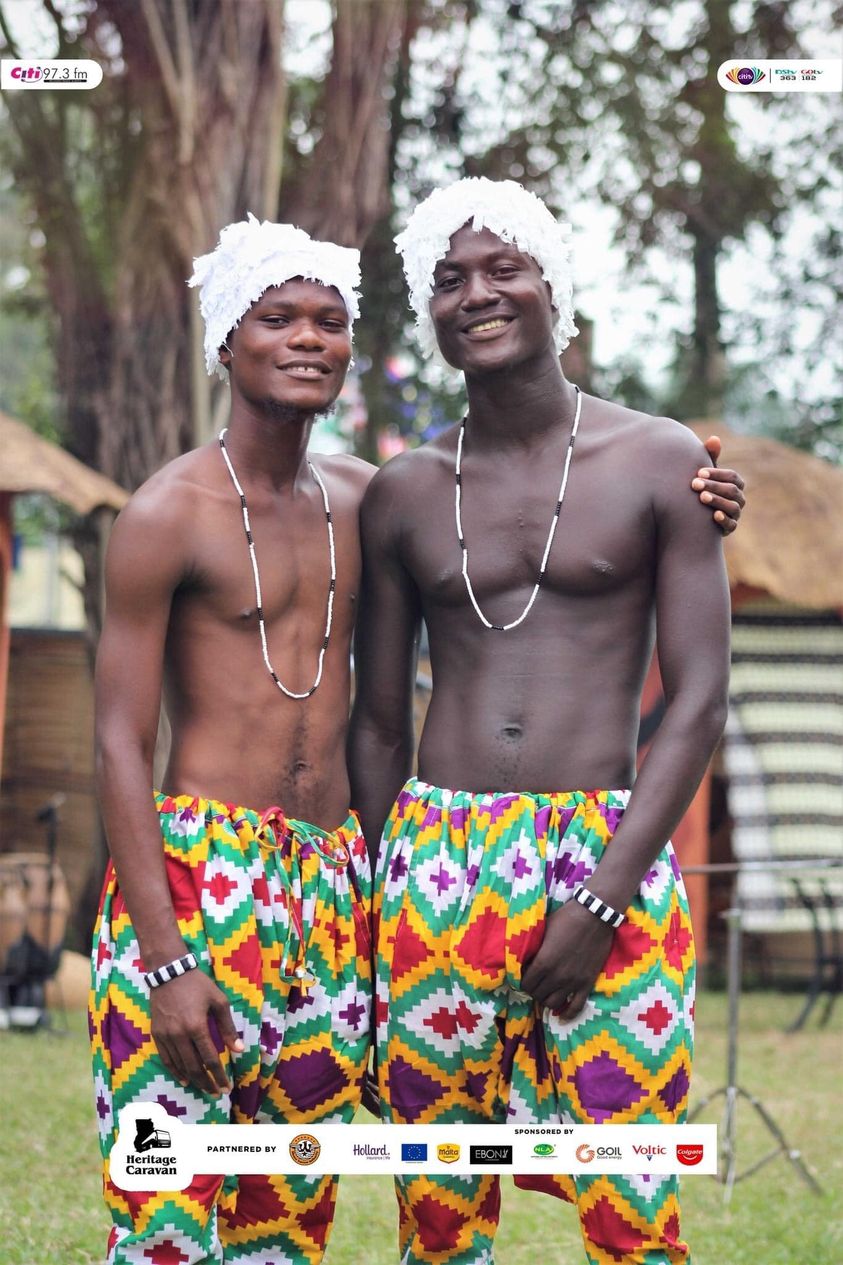
I admit that I am a “21st-century child” who somehow never bothered to know more about my roots but as our elders always say “Sankofa Yenkyi” an African concept which basically means “It is not wrong to go back for that which you have forgotten.”
The display of diverse cultures and traditional foods at Citi FM/Citi TV’s Heritage Caravan and “Back To Your Village Food Bazaar” has awakened my desire to “Eat Ghana”, “Wear Ghana” and make my way of living about Ghana.
There have been calls for innovative and progressive interventions geared towards sustainable domestic tourism growth and development in the country and I believe a deliberate attempt to focus on promoting the Ghanaian culture must be made to sustain the gains made. Deliberate attempts to edify students in schools about their culture must be championed.
There will also be a need for opportunities to celebrate our achievements to date and to ensure that we will have a lot more to celebrate in the future. Medaase.






